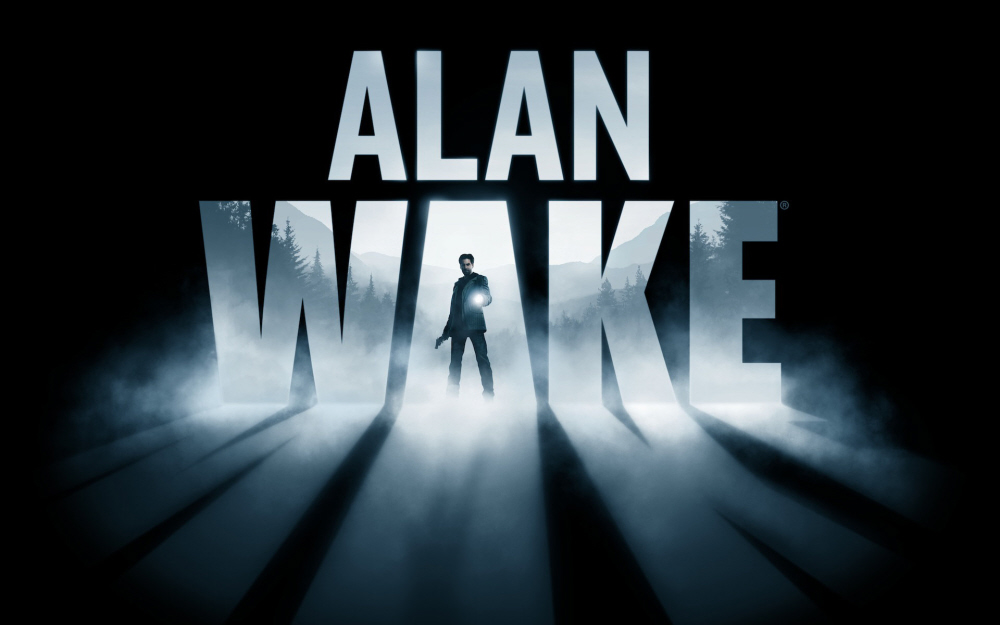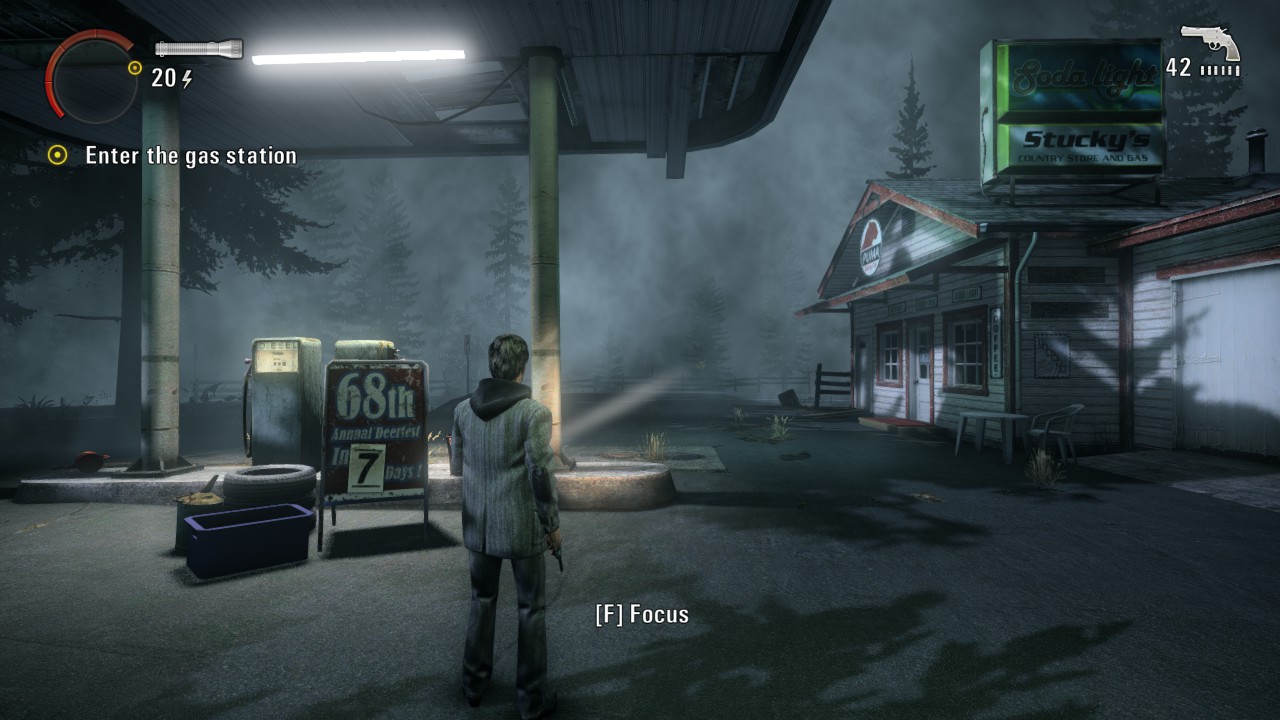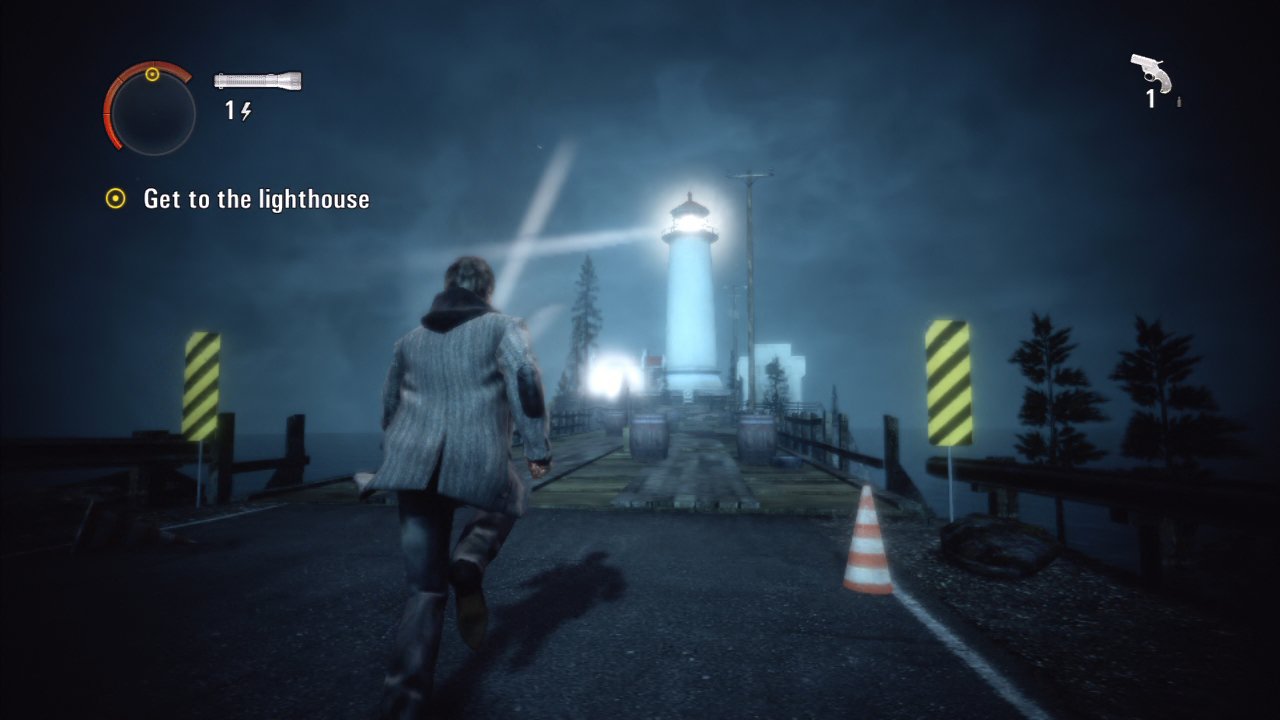This Generation is Over
 As we stand on the precipice of a new console generation, the old
argument begins to show its ugly head: “We don’t need a new console
generation yet,” or “the console is holding back the PC.” In this
generation, more than any other I remember, the argument is loud and
salient. Traditionally you had hard-core PC gamers on one side stating
that consoles were lagging behind, and the hard-core console lovers on
the other asserting that the current generation was still producing
quality games. The reality, of course, is that developers always want
more to work with, but they also need to be profitable. This, of course,
doesn’t mean that all of them are going to push it to the maximum, but
more horse-power gives the developer the freedom to choose how they use
it as opposed to spending their time and money eking out every last drop
of performance available (see: XBLA/PSN releases).
As we stand on the precipice of a new console generation, the old
argument begins to show its ugly head: “We don’t need a new console
generation yet,” or “the console is holding back the PC.” In this
generation, more than any other I remember, the argument is loud and
salient. Traditionally you had hard-core PC gamers on one side stating
that consoles were lagging behind, and the hard-core console lovers on
the other asserting that the current generation was still producing
quality games. The reality, of course, is that developers always want
more to work with, but they also need to be profitable. This, of course,
doesn’t mean that all of them are going to push it to the maximum, but
more horse-power gives the developer the freedom to choose how they use
it as opposed to spending their time and money eking out every last drop
of performance available (see: XBLA/PSN releases).
Now, I’ve always been a huge fan of console gaming. I really appreciate what it brings to development, and to the end user experience. Consoles provide a tight development environment for developers to be able to directly target hardware as opposed to running through computationally expensive middle-ware and drivers. For the end user, consoles have always meant a low barrier for entry, contributing to the growing popularity of the industry we all love; it also provides a simple and intuitive experience: put the disc/cart in, and start the game. The latter has consistently been my biggest love of the console. No matter how sophisticated PC gaming gets with services like Steam, you’ll still run into those times were you have performance issues, or a game simply won’t start due to some oddity at work in your operating system. So, bearing this in mind, please understand where I’m coming from in the following. This console generation is over – it should be over, and it needs to be over.
I’ve been watching the arguments as they build, and often participating in them; however, it didn’t truly hit me just how finished this generation is until I started playing the PC version of Alan Wake. The game was designed from the ground up to be an Xbox 360 title. In fact, Alan Wake is infamous for having been in development for over 5 years – longer than the console’s life itself at the time of release. On top of this, the technology used in the game is an engine that was built from the ground up by Remedy (of Max Payne fame) for this release. So, having this custom technology and a closed development environment, why is the PC port so superior? In fact, a better question is: why is it so superior on my machine?
My computer is relatively out of date. I’m still using the ATi 4890 graphics card circa 2009. To build an equivalent system today would set you back around $500, or less, if you shopped the deals well. The point is: this is not a hardcore gaming rig. Yet, with my relatively conservative PC, it easily demolishes an afterthought PC-port of a title that was designed for a closed console environment. So much so, that I can achieve not only a higher rendering resolution, but also higher details, and (arguably) most importantly double the frame rate.
Xbox 360 (above) vs. PC (below)
Xbox 360 (above) vs. PC (below)
All of the above are taken in 720p - however, Alan Wake runs in sub-HD resolutions on the Xbox 360. The fields of view are different between the PC and console, but try to spot the differences in the content. Textures, texture filtering, AA strength and quality, lighting quality, shadow quality, distance LOD, and even colour timing have all been affected.
What struck me during my experiences with Alan Wake on the PC was that a title, which was designed from the ground up for a target platform, needed to be compromised so much just to be able to run on it. And this is where those old arguments I mentioned in opening always return. PC gaming will continue to out-pace console in terms of development and advances; this much has always been clear. The issue is that “being advanced” has never really been the point of the console. From a hard-copy to gameplay scenario, console is the video on demand to PC’s video store. It’s just easier. Unfortunately, there’s always the ugly “other side” that argues vehemently that the current consoles are just fine, and we don’t need new ones. Often this camp will make pie-in-the-sky claims that their console of choice (ie. Xbox 360 or Playstation 3) have untold power in reserve, just waiting for a very clever developer to find it – as if computing power is a booty chest in a long lost wreck.
The facts are: triple-A PC games tend to be ports of console titles. Why is that? It is because console development continues to be far more profitable than PC development. It has nothing to do with laziness; it has everything to do with numbers. On the other side, consoles are computers that are already built to a cost when they are launched. Add several years to the mix and you now have very out-dated built-to-cost computers. Developers want more power in order to better fulfil their visions for a game, but at the same time they’re not going to jump ship to strictly the PC, because it’s not profitable enough. Even Skyrim, which comes from a proud PC heritage, and has all the incentive of modification to keep people playing on PC, was eclipsed by console SKUs of its own title.
Where we are now is in this ugly place where a large portion of consumers have decided they do not want to buy a new console yet, so developers are stuck developing for incredibly old hardware, having to pinch every drop of performance out of them. Developing this way is very expensive, as it requires an inordinate amount of time spent by coders debugging and streamlining graphics engines to try to get that small edge. This cost of development has led to two things: the proliferation of off-the-shelf engine technology (ie. Unreal Engine 3), and the conservative attitude of publishers towards new intellectual properties – two facts that are often bemoaned in our industry.
Unfortunately in video games, like anything else, you can’t have your cake and eat it too. If you want new intellectual properties, more freedom of expression, more original technology, a lowered bar of entry for developers, and the end of technological compromises that plague the industry today: you want a new generation of consoles. To claim otherwise is to lack foresight.




